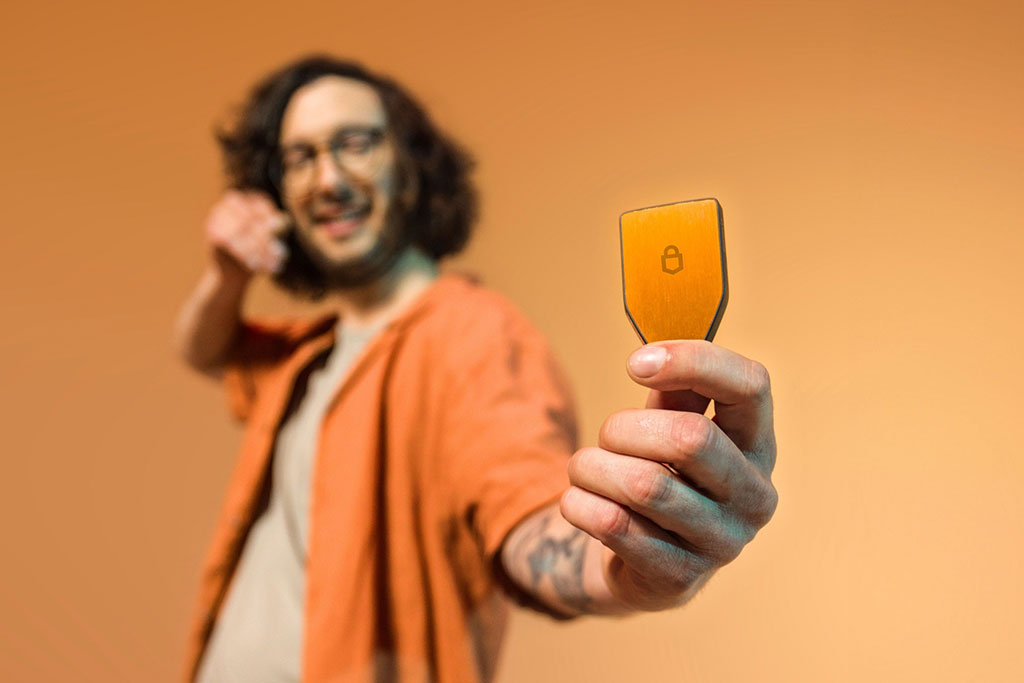ARTICLE AD
While the campaign aims to reduce transaction fees, critics have noted that such a change may negatively affect network performance.
A group of Ethereum core developers has launched a new initiative called “pump the gas” to increase the blockchain network’s gas limit from 30 million to 40 million, with the goal of reducing transaction fees on layer 1 by 15% to 33%.
Core Ethereum developer Eric Connor and former head of smart contracts at MakerDAO Mariano Conti unveiled the “pump the gas” website on March 20, calling on solo stakers, client teams, pools, and community members to support the initiative.
“Raising the gas block limit 33% gives Layer 1 Ethereum the ability to process 33% more transaction load in a day,” the developer group claimed.
The Ethereum gas limit, which refers to the maximum amount of gas spent on executing transactions or smart contracts in each block, has remained at 30 million since August 2021. Gas is the technical term in Ethereum smart contracts which refers to the fee required (in gwei, a unit of Ether) to complete a transaction or execute a smart contract call.
Gas limits are standardized and set to ensure that block sizes are maintained at a level that will not overload or congest the Ethereum network, affecting its performance and synchronization. Based on specific parameters, validators can also dynamically adjust the gas limit as blocks are produced.
The direct effect of increasing gas limits is more space for transactions on each block. Theoretically, increasing the gas limit creates a correlational increase on a network’s throughput and capacity. The downside, though, is that the load on hardware is also increased, opening the risk of network spam and external attacks.
Historically, the gas limit has steadily increased as the Ethereum network grew. Ethereum co-founder Vitalik Buterin noted earlier in January that the three-year period since August 2021 was the longest that the limit has not been raised. Buterin thus suggested a raise to 40 million back in January, dovetailing with similar calls that have been gaining momentum in recent months.
The Pump the Gas website also notes that data blobs, introduced in the Dencun upgrade with EIP-4844, significantly reduced L2 transaction fees, but this was not replicated in L1 transaction fees. Ethereum developers behind the campaign believe that a combination of blobs and a 33% increase in the gas limit to 40 million would help scale both L1 and L2 networks.
Various opposing figures have raised concerns about the potential impact of the proposed raise on the size of the blockchain state, such as Ethereum developer Marius van der Wijden, who said that access to (and modification of) the blockchain state would gradually slow down over time. This argument over the concept of “state growth” is also echoed by former Ethereum chief decentralization officer Evan Van Ness, who believes that raising the gas limit should be done carefully, citing the lateral effects of EIP-4844 on block size.
The information on or accessed through this website is obtained from independent sources we believe to be accurate and reliable, but Decentral Media, Inc. makes no representation or warranty as to the timeliness, completeness, or accuracy of any information on or accessed through this website. Decentral Media, Inc. is not an investment advisor. We do not give personalized investment advice or other financial advice. The information on this website is subject to change without notice. Some or all of the information on this website may become outdated, or it may be or become incomplete or inaccurate. We may, but are not obligated to, update any outdated, incomplete, or inaccurate information.
You should never make an investment decision on an ICO, IEO, or other investment based on the information on this website, and you should never interpret or otherwise rely on any of the information on this website as investment advice. We strongly recommend that you consult a licensed investment advisor or other qualified financial professional if you are seeking investment advice on an ICO, IEO, or other investment. We do not accept compensation in any form for analyzing or reporting on any ICO, IEO, cryptocurrency, currency, tokenized sales, securities, or commodities.

 8 months ago
43
8 months ago
43 

